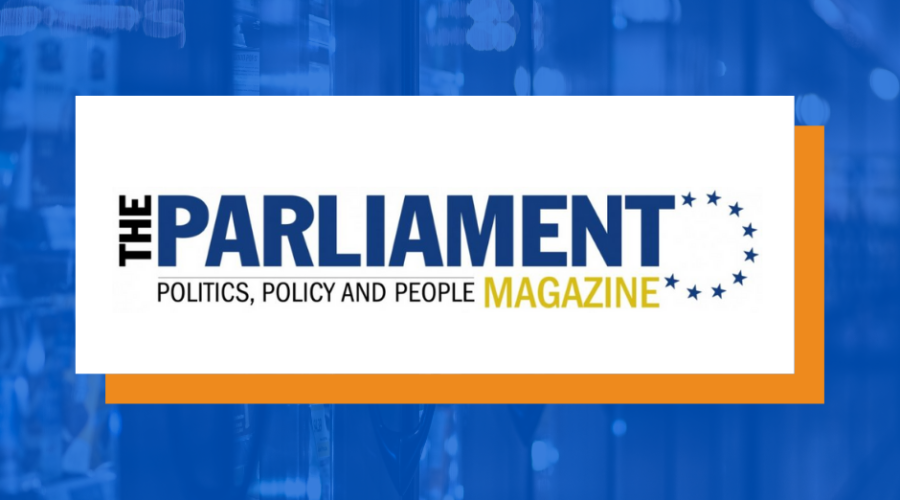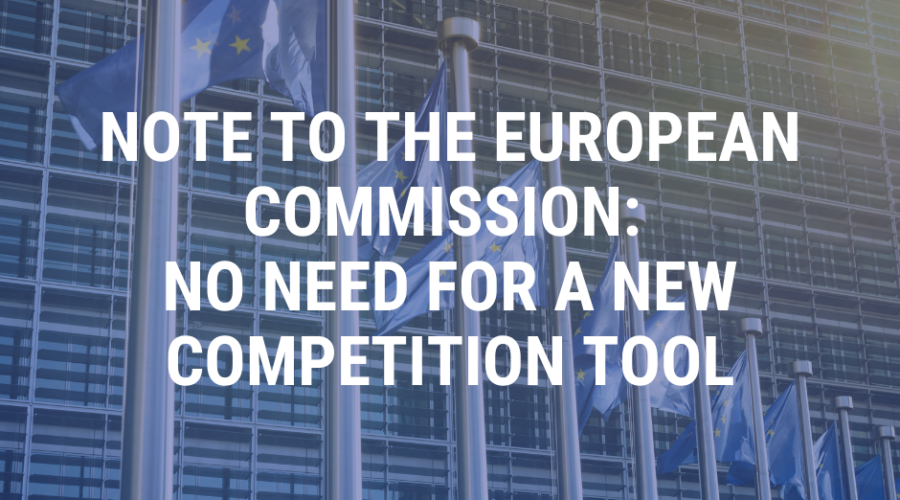Latest round of online deplatforming shows why we need increased competition and decentralization

Another week means another politically-charged rampage of deplatforming of social media profiles and entire social media networks.
Following the storming of the U.S. Capitol by some of his supporters, President Trump was promptly suspended from Twitter and Facebook and later dozens of Internet services including Shopify and Twitch.
Even the image-sharing site Pinterest, famous for recipes and DIY project presentations, has banned Trump and any mention of contesting the 2020 Election. He’ll have to go without sourdough recipes and needlework templates once he’s out of office.
Beyond Trump, entire social media networks have also been put in the crosshairs following the troubling incursion on Capitol Hill. The conservative platform Parler, a refuge for social media dissidents, has since had its app pulled from the Google and Apple stores and had their hosting servers suspended by Amazon’s web service company AWS.
This pattern of removing unsavory profiles or websites isn’t just a 2021 phenomenon. The whistleblower website Wikileaks – whose founder Julian Assange remains in prison without bail in the UK awaiting extradition to the United States – was similarly removed from Amazon’s servers in 2012, as well as blacklisted by Visa, Mastercard, PayPal, and their DNS provider. Documents reveal both public and private pressure by then U.S. senator and Intelligence Committee Chairman Joe Lieberman was instrumental in choking Wikileaks off from these services.
Then it was politicians pressuring companies to silence a private organization. Now, it’s private organizations urging companies to silence politicians.
However the pendulum swings, it’s entirely reasonable for companies that provide services to consumers and institutions to respond quickly to avoid risk. Whether it’s due to governmental decree or public backlash, firms must respond to incentives that ensure their success and survival.
Whether it’s Facebook, Twitter, Gab, or Parler, they can only exist and thrive if they fulfill the wishes and demands of their users, and increasingly to the political and social pressures placed on them by a cacophony of powerful forces.
It’s an impossible tightrope.
It is clear that many of these companies have and will continue to make bad business decisions based on either politics or perception of bias. They are far from perfect.
The only true way we can ensure a healthy balance of information and services provided by these companies to their consumers is by promoting competition and decentralization.
Having diverse alternative services to host servers, provide social networks, and allow people to communicate remains in the best interest of all users and consumers.
Such a mantra is difficult to hold in today’s hostile ideological battleground inflated by Silicon Valley, Washington, and hostile actors in Bejing and Moscow, but it is necessary.
In the realm of policy, we should be wary of proposed solutions that aim to cut off some services at the expense of others.
Repealing Section 230 of the Communications Decency Act, for example, would be incredibly harmful to users and firms alike. If platforms become legally liable for user content, it would essentially turn innovative tech companies into risk-averting insurance companies that occasionally offer data services. That would be terrible for innovation and user experience.
And considering the politically charged nature of our current discourse, anyone could find a reason to cancel you or an organization you hold dear – meaning you’re more at risk for being deplatformed.
At the same time, axing Section 230 would empower large firms and institutions that already have the resources to manage content policing and legal issues at scale, locking out many start-ups and aspiring competitors who otherwise would have been able to thrive.
When we think of the towering power of Big Tech and Big Government, some things can be true all at the same time. It can be a bad idea to use antitrust law to break up tech firms as it will deprive consumers of choice, just as these companies are guilty of making bad business decisions that will hurt their user base. How we respond to that will determine how consumers will continue to be able to use online services going forward.
All the while, every individual Internet user and organization has it in their power to use competitive and diverse services. Anyone can start up an instance of Mastodon (as I have done), a decentralized micro-blogging service, host a private web server on a Raspberry Pi (coming soon), or accept Bitcoin rather than credit cards.
Thanks to competition and innovation, we have consumer choice. The question is, though, if we’re courageous enough to use them.
Yaël Ossowski is deputy director at the Consumer Choice Center.












